Oando gave investors a promise to close the 2014 operations with robust financials. This was after the management succeeded in increasing the company’s scale of upstream operations with the acquisition of the $1.5 billion ConocoPhilips’ Nigerian business. The deal is reckoned to have expanded Oando’s portfolio in the energy and power space significantly.
Despite that rising interest and administrative expenses eroded margins at the end of the third quarter, the petroleum company remained sufficiently confident to attain a new peak in profit at the end of 2014. “We are extremely excited about the future of our company, and look forward to reporting our future robust financials, which will evidently show the growth our company has experienced from our underlying assets and a snapshot of our future potential”, Mr. Wale Tinubu, group chief executive officer of Oando said after the release of his company’s second quarter interim report in 2014.
The company’s profit had crashed by 87% in 2013 and management gave every indication that it was working out a major turnaround that would lift profit from the lowest record in 2013 to a new peak in 2014. An after tax profit of N10.70 billion the company showed its shareholders at the end of the third quarter in 2014 was already more than seven and half times the full year net profit of about N1.40 billion it posted at the end of 2013.
In place of the big profit the company promised, the biggest losses ever have been built. Between the final quarter of last year and the third quarter of this year, Oando has built a total loss of about N231 billion. Administrative expenses suddenly soared from less than N48 billion at the end of the third quarter to N272 billion at the end of 2014.
Advertisement
The effect of the losses on the balance sheet is the disappearance of a retained earnings of close to N34 billion at the beginning of 2014 and the appearance of a retained loss of over N201 billion at the end of the third quarter this year. That has left the company with just one-third of the net assets of N162.4 billion it reported at the end of 2013. This is even after an increase of 32.5% in paid-up capital with robust share premium in the course of the current year.
Such a considerable erosion of the company’s earning capacity was shielded from investors and stock market traders for about nine months when the company failed to file in the full year report for 2014 and the 2015 interims. This means for so long, the company’s shares were traded at overvalued prices in the Nigerian Stock Exchange.
Where is Oando headed has been a question on the lips of investors and stakeholders since the company embarked upon a complex and complicated structuring. It remains a question to which no satisfactory answers are yet to be provided even in the current year. Its sales revenue dropped by 30.8% in 2013 and further by 5.6% in 2014. It went down again by 5.5% at the end of the third quarter of 2015. The company has not recorded a stable growth in turnover in the past six years and it is operating well below the revenue peak of N650.56 billion it reported in 2011.
Advertisement
The company recorded profit drops for the second year in 2013 and losses have followed so far in 2014 and 2015. Its best year remains 2011 when it grew profit by over 42% to register a profit high of N14.37 billion.
The company’s cost-income relationship at the end of the third quarter of this year shows that it doesn’t have the structure for profit making for now. While sales revenue keeps declining, all the cost lines are continuously rising. Turnover declined by 5.5% in the third quarter but cost of sales jumped a clear 47% during the period. That sent gross profit crashing by 36% from just a 5.5% decline in turnover.
An impairment charge on assets to the tune of N23.6 billion just appeared this year and consumed more than one-half of gross profit. Despite that other operating income more than tripled to over N15 billion, the available income could not fully cover administrative cost. Net finance cost rose by 35.6% to N38.83 billion at the end of the third quarter and swelled up an operating loss of N13.18 billion into a pre-tax loss of over N52 billion.
Despite a major cut down, balance sheet borrowings remain huge with long-term debts of nearly N141 billion and short-term borrowings of over N101 billion. New money from a new issue of shares was grossly insufficient for loan repayment and the company ended up with a net cash utilisation of over N77 billion for financing activities as at the end of the third quarter. The dismal reading of the company’s financials looks very likely to continue at full year.
Advertisement
1 comments

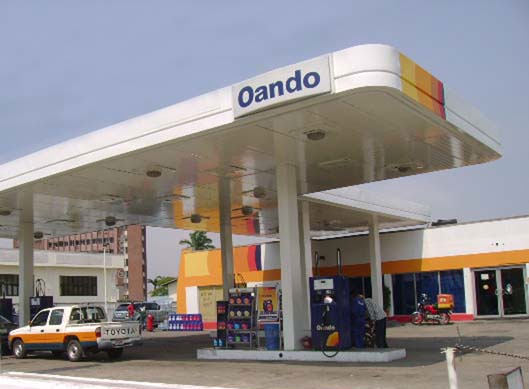
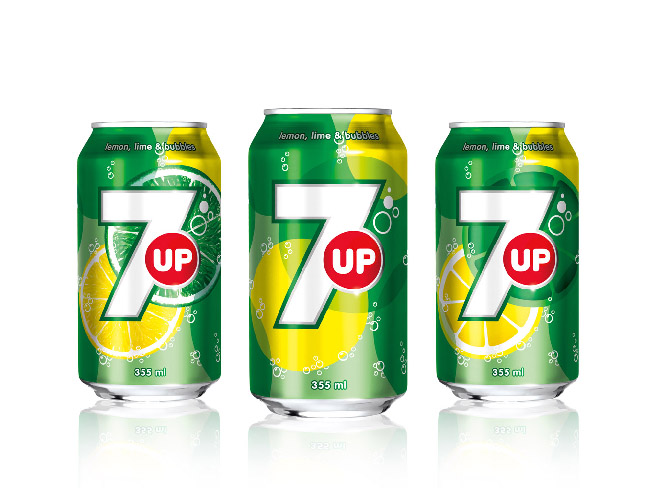
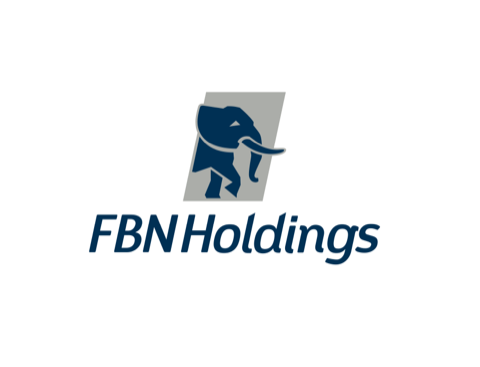
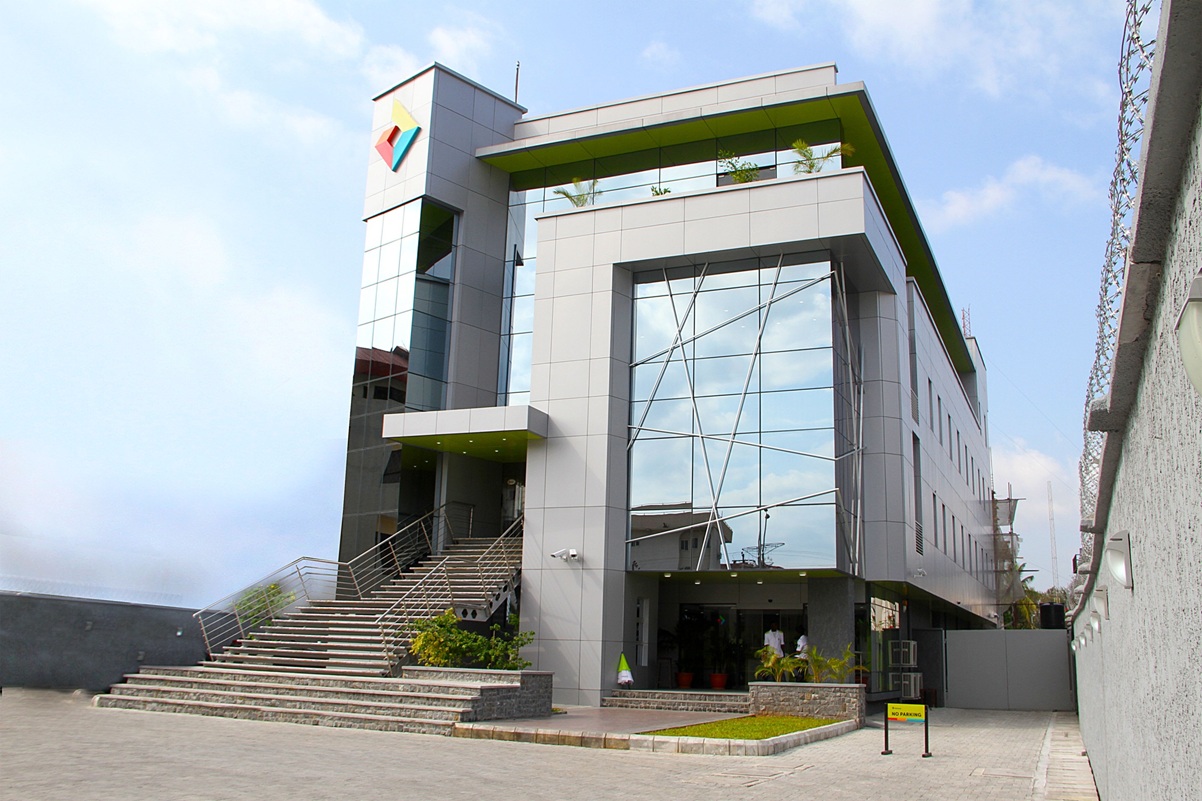
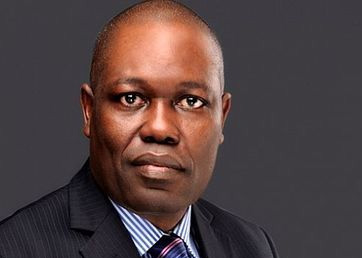
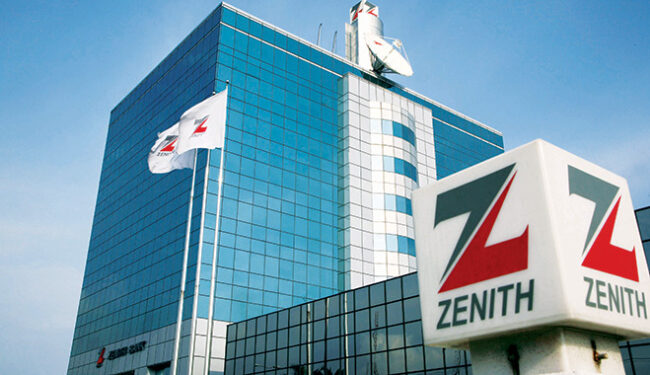

The management of this Company gives course for worry! Obviously the managers are making their own income from the growing administrative cost. It is laughable that such management is asking investors to bring more money.